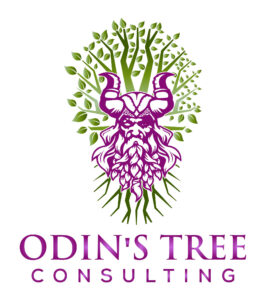Mergers and acquisitions (M&A) have become increasingly common in today’s business landscape. While the focus of M&A transactions typically revolves around financial and operational aspects, human resources (HR) plays a crucial role in ensuring the success of these endeavors. HR professionals are instrumental in facilitating the transition, aligning organizational cultures, managing talent, and mitigating risks. In this article, we will explore how HR teams help navigate the complexities of M&A and drive positive outcomes for both organizations involved.
- Strategic Planning and Due Diligence
During the early stages of M&A, HR professionals play a pivotal role in conducting due diligence to evaluate the potential cultural fit, workforce capabilities, and overall HR infrastructure of the target company. By assessing factors such as employee engagement, compensation structures, benefits packages, and compliance with labor laws, HR teams provide valuable insights to inform decision-making. This strategic planning ensures that the merger or acquisition aligns with the long-term business objectives and minimizes unforeseen risks.
- Cultural Integration
Integrating two distinct organizational cultures is one of the most significant challenges in M&A. HR professionals act as change agents, working closely with leadership teams to develop a comprehensive cultural integration strategy. By facilitating open communication, fostering transparency, and promoting cross-team collaboration, HR plays a vital role in aligning values, norms, and behaviors between the two organizations. This process helps to mitigate employee resistance, minimize productivity disruptions, and create a harmonious work environment.
- Talent Management and Retention
Retaining top talent is crucial during M&A to sustain business continuity and drive future growth. HR professionals play a critical role in identifying key employees, assessing their skill sets, and developing retention strategies. By conducting thorough talent assessments, HR teams can identify gaps and redundancies, develop a robust talent retention plan, and ensure the right people are in the right roles. Additionally, providing career development opportunities and transparent communication helps to alleviate employee anxieties and build trust in the new organization.
- Communication and Change Management
Effective communication is paramount during M&A to avoid confusion and maintain employee morale. HR professionals act as communication facilitators, ensuring that employees receive accurate and timely information throughout the entire process. By crafting clear and consistent messages, HR teams help alleviate anxiety, address concerns, and manage expectations. They also play an essential role in managing organizational change, implementing training programs, and supporting employees as they adapt to new roles and responsibilities.
- Compliance and Legal Considerations
M&A transactions involve complex legal and regulatory considerations that can have significant implications for both organizations involved. HR professionals are well-versed in these areas and ensure compliance with labor laws, regulations, and employment contracts. They work closely with legal counsel to address potential risks, resolve any labor-related issues, and ensure a smooth transition for all employees. By prioritizing compliance and legal considerations, HR teams help to mitigate any negative impacts on the organization’s reputation and financial standing.
In the world of M&A, the role of HR cannot be understated. HR professionals play a pivotal role in strategic planning, cultural integration, talent management, communication, and compliance during these complex transactions. Their expertise helps organizations achieve a successful merger or acquisition by ensuring a smooth transition, retaining top talent, and mitigating risks. By acknowledging the critical role of HR in M&A, organizations can maximize the value and potential of these transformative endeavors.




